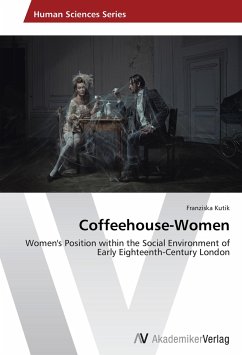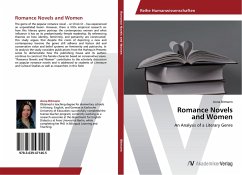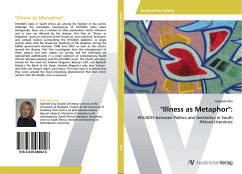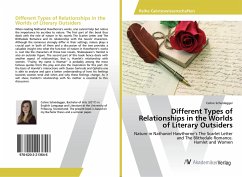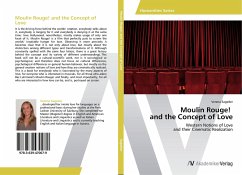Towards the end of the seventeenth century an institution developed that encouraged the emergence of public life in London and simultaneously illustrated the separation within London's society: the coffeehouse. Affected by various contradictions, the coffeehouse opposes peaceful sociability to boisterous nocturnal activities. With regard to literature, periodicals give a different impression of coffeehouse incidents than other literary works such as biographies or plays. The present paper examines these opposing depictions by focussing on the different perceptions of women and their literary adoption. Primarily, the lives of the so-called coffee-women , the owners of the often brothellike coffeehouses, are being examined with the help of two biographies. Additionally, an excursus links the importance of the hetaerae for ancient Greek and Roman societies to the coffeehouse-women of eighteenth-century London.

